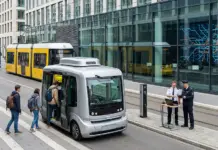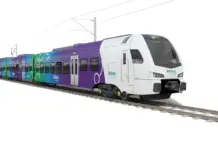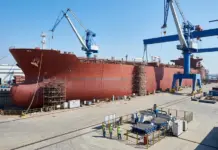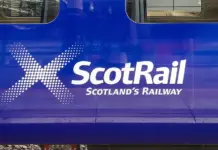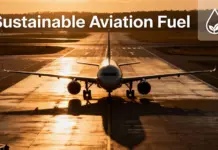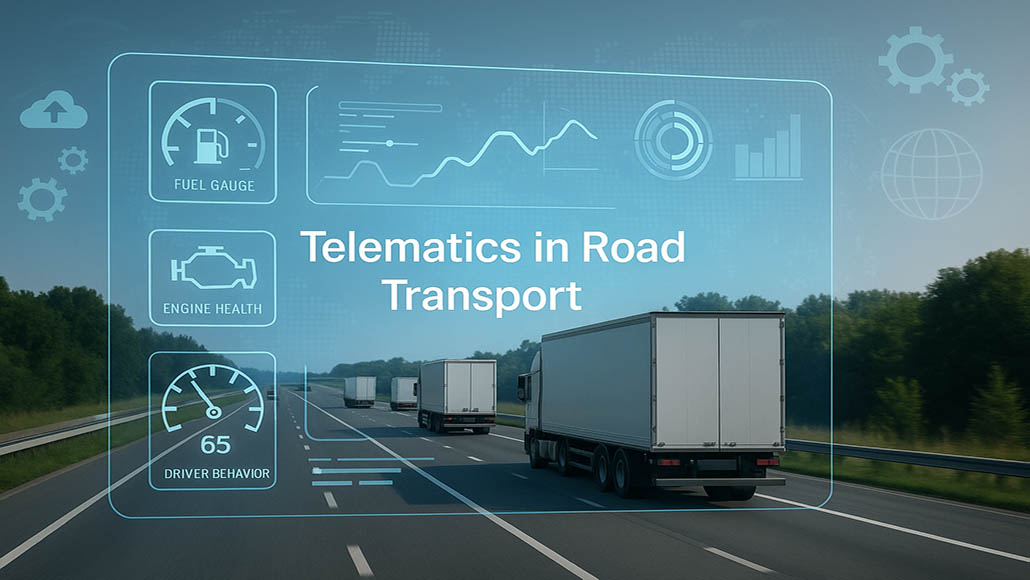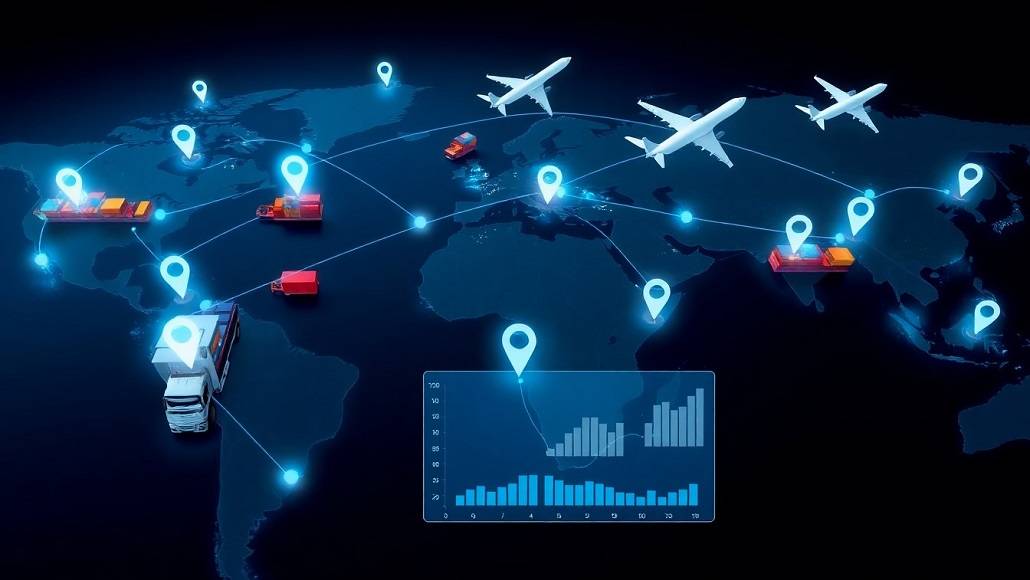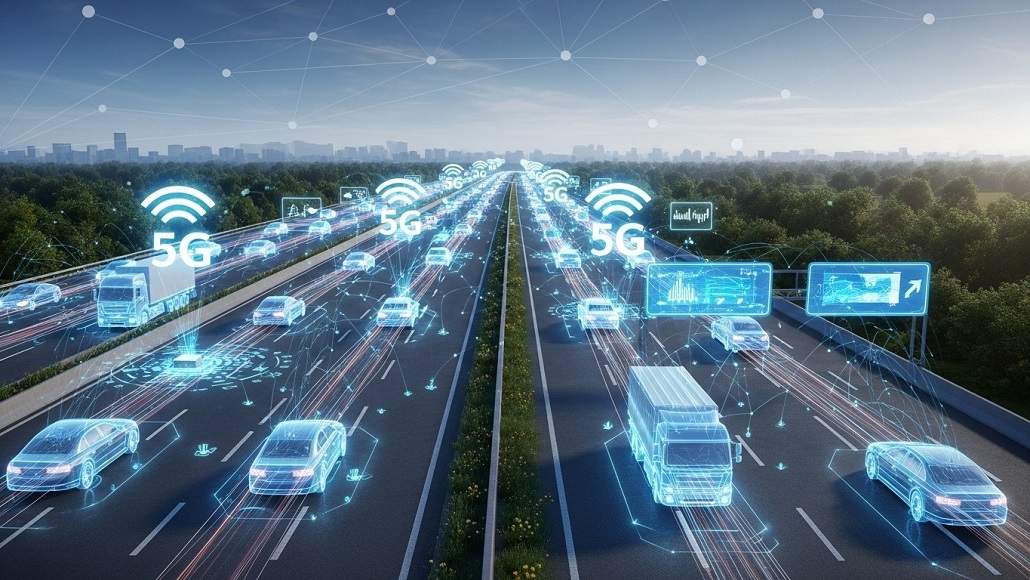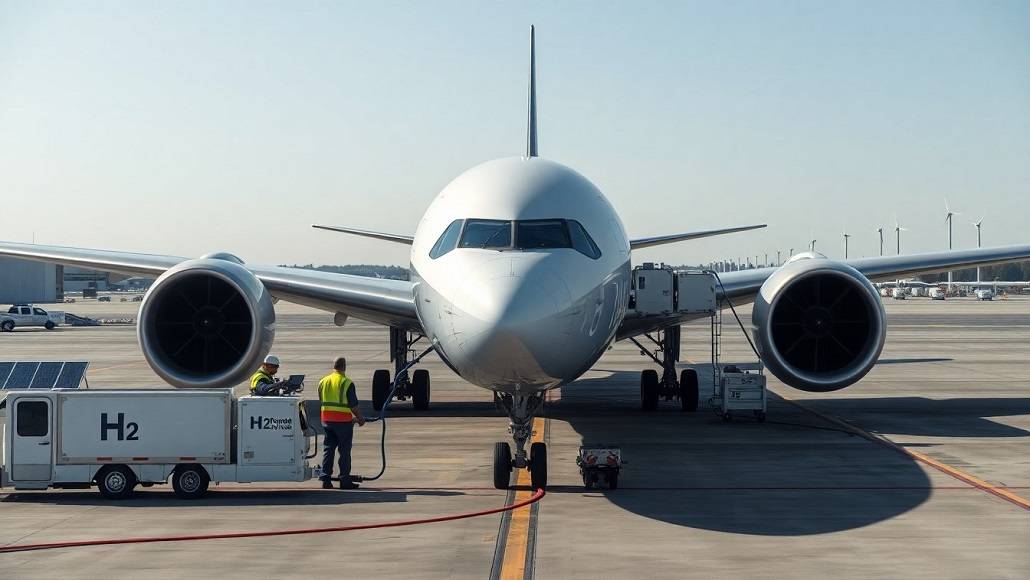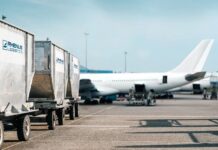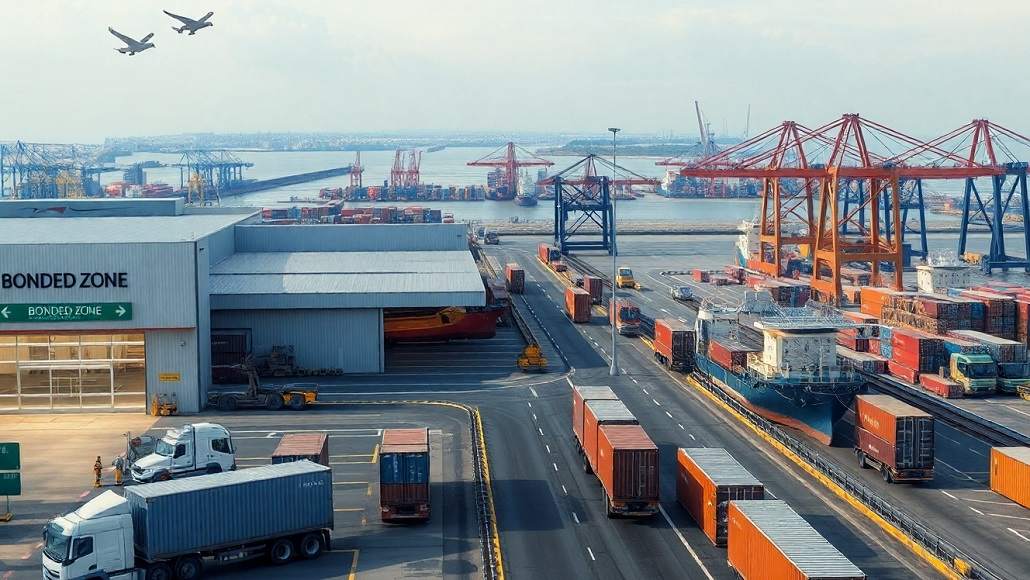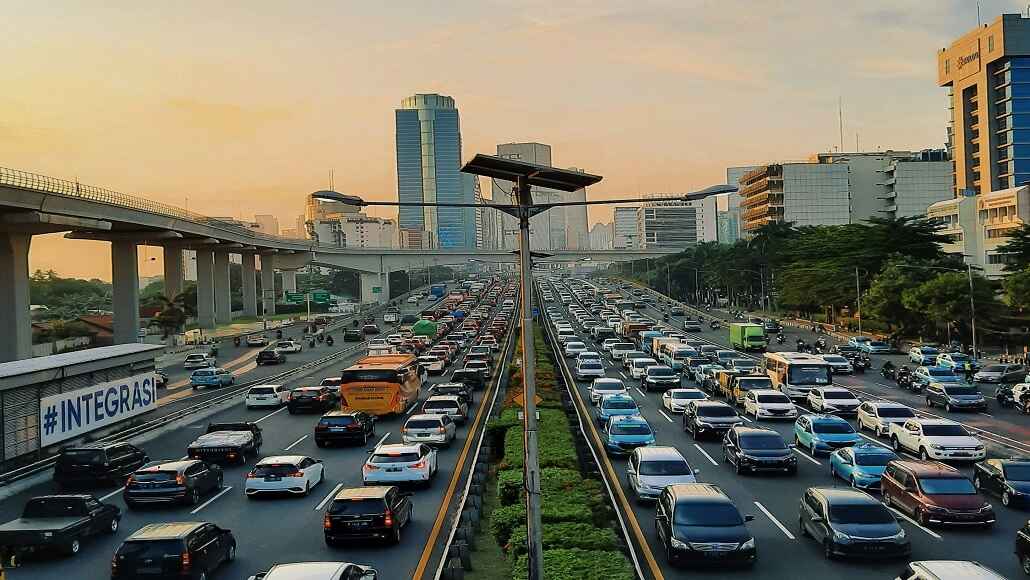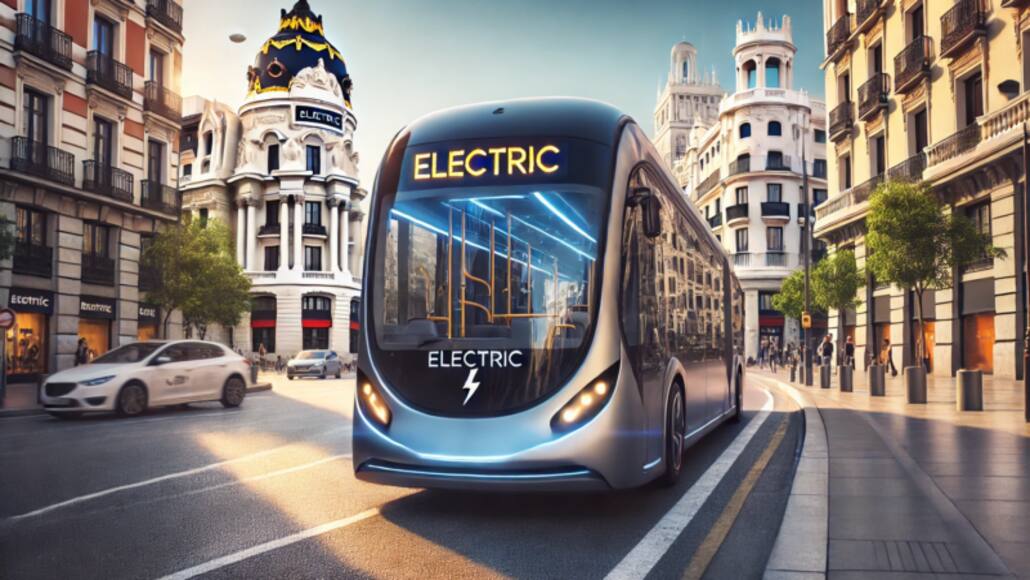Policymakers were surprised by how quickly electric buses are changing Europe’s public transport. Transport & Environment found that over half of new EU city buses were battery-electric in 2024. The transit decarbonisation discussion hinges on this change. The market has chosen battery-electric buses. Electric buses are replacing diesel and hybrid buses in European cities due to their cost savings, efficiency, and environmental benefits.
European cities and citizens benefit greatly from this transition. Electric buses save transportation agency expenditures, make streets quieter, and clean the air. Data shows that battery-electric buses have won the battle against transportation-related greenhouse gas emissions. Hydrogen was once a potential competitor, but the more we look at the numbers, the more it appears it is not recovering.
Battery-electric buses are becoming the standard for municipal transit. Over 90% of new city buses in the Netherlands, Finland, and Norway are electric. Electrification rates in Denmark, Iceland, and Luxembourg are rising to over 80%. Even Spain and the UK have reached 50% zero-emission bus uptake, with battery-electric vehicles dominating. In 2024, only 3% of EU city bus sales were hydrogen fuel cells. In 2021, the Netherlands earmarked 20% of new municipal bus purchases to hydrogen, but now it has eliminated it. This change shows that cities and transit authorities are making data-driven decisions against hydrogen as a transit alternative.
Hydrogen proponents have touted fuel cell buses as the future of public transit due to their fast refuelling and long range. However, cities’ cost, efficiency, and infrastructure assessments were decisive. Hydrogen buses cost far more to buy, run, and maintain than battery-electric buses. Hydrogen buses are expensive, as shown in case studies. Montpellier, France, planned to add hydrogen buses to its fleet but cancelled after learning that hydrogen costs €0.95 per kilometre, compared to €0.15 for electric buses. The lifetime cost per kilometre for a hydrogen bus in Italy was €1.986, roughly double that of battery-electric ones, according to Bocconi University. Hydrogen buses cost €1.27 per kilometre in Bolzano, Italy, compared to €0.55 for electric buses. Even with subsidies, hydrogen costs are unsustainable, thus transit agencies have abandoned it.
Beyond cost, electric buses outperform hydrogen ones due to efficiency. Hydrogen requires manufacturing, storage, transit, and conversion back into power, while battery-electric buses use electricity directly. Huge energy losses arise. According to Bolzano’s transit fleet, hydrogen fuel cell buses used 310 to 336 kWh per 100 km, whereas battery-electric buses used 137 to 154 kWh. Hydrogen buses used twice as much energy as electric buses to travel the same distance. Cities realise that powering battery-electric buses directly is a better use of clean energy than hydrogen generation as renewable electricity becomes more abundant.
Fuelling logistics and infrastructure expenses hurt hydrogen’s practicality. Battery-electric buses require grid modifications and charging stations, although these are scalable and economical. However, hydrogen infrastructure is expensive and unreliable. A hydrogen refuelling station can cost millions to create and maintain. Wiesbaden, Germany, spent €2.3 million on a hydrogen refuelling station that failed within a year, stranding its fuel cell buses. Hydrogen must be created, often using fossil fuels, transported, and stored under high pressure, unlike electricity, which is distributed through a grid. This makes the supply chain more complicated and expensive than charging buses. Hydrogen buses require specialised maintenance and components, increasing long-term costs and decreasing reliability. Transit agencies around Europe have switched from hydrogen to electric buses due to these challenges.
City electric fleets have fewer operating problems than hydrogen buses, highlighting reliability. Hydrogen buses’ complicated fuel cell systems, high-pressure storage tanks, and more moving parts have caused more maintenance concerns and downtime than electric buses. Hydrogen buses in Poznań, Poland, were temporarily pulled due to technical concerns, potentially requiring fuel cell replacement at a cost of hundreds of thousands per bus due to hydrogen purity issues. Fuel cell buses require more frequent repair since hydrogen systems are sensitive to temperature and fuel availability, according to European transit organisations. Electric buses are more reliable due to their simpler drivetrains, fewer mechanical parts, and mature charging infrastructure. Cities with battery-electric buses have fewer failures, increased vehicle availability, and lower maintenance costs, explaining why hydrogen is losing market share.
European towns are already benefiting from battery-electric buses. Electric buses cut fuel and maintenance costs, lowering city operating expenditures. Diesel exhaust removal from metropolitan areas improves air quality, lowering respiratory illnesses and improving public health. Electric buses reduce noise and make cities more livable. They also drastically reduced carbon emissions, accelerating net-zero transportation. As battery technology improves, electric buses will be more efficient and able to travel longer routes with faster recharge.
Given these benefits, battery-electric buses are quickly becoming the standard for European transport agencies. With battery-electric vehicles dominating the market, municipal bus fleets may be 100% zero-emission within a few years. The EU’s Clean Vehicle Directive and national emissions targets are driving the change. This transition has surpassed predictions as more cities realise the economical and operational advantages of electric buses over hydrogen models.
Hydrogen was originally considered for decarbonising transit, but the numbers show that it is no longer viable. Battery-electric buses exceed hydrogen in cost, efficiency, and infrastructural preparedness. Hydrogen is still a competitor for long-haul trucking and industrial energy, but not municipal transit. European towns are making wise, evidence-based decisions, and electric buses dominate.
The change of urban transit is underway. Battery-electric buses replace fossil-fuel buses, making European streets greener, quieter, and more sustainable. According to market data, electric buses are driving this trend. Electric public transit is Europe’s future, and there’s no turning back.



